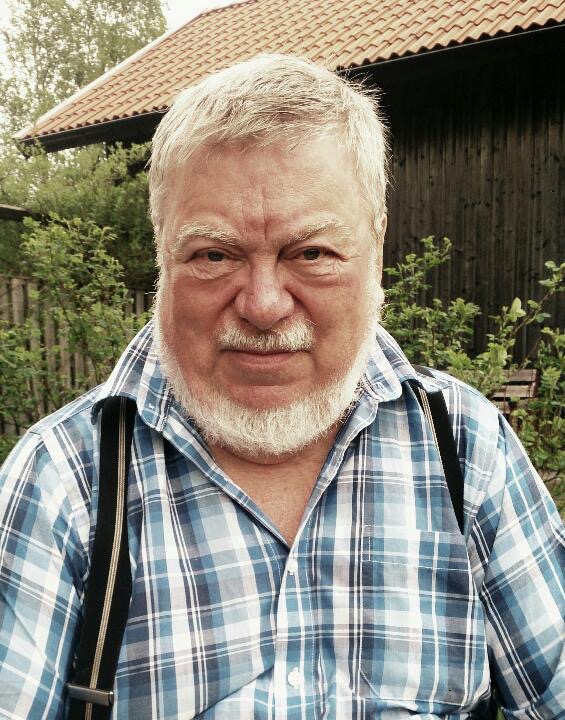Jan Oberg
It must have been in 1972 that I – then a 21-year young Danish student of sociology at Lund University – ran into Håkan Wiberg – the huge, long-bearded academic who was already then a public legend in town for his ways of dressing, hairstyle and for smilingly provoking all bourgeois norms in that old, traditional university town.
He lived a bohemian life simultaneously with taking one exam after the other and, successively, he became both a mathematician, philosopher and sociologist. And peace and conflict scholar.
And now it is 2022 – twelve years after his death, I’m working on my “Worldmoires” and writing a chapter on who has been my inspirers and mentors. In peace research, it was definitely Håkan and Johan Galtung who were already at the time colleagues and friends. And the last work we produced together was the huge (2000+ pages equivalent) online book called “Yugoslavia – What Should Have Been Done?” (2014) with all Håkan’s contributions but, thanks to my tardiness, it was only published four years after his death. (But he knew all the materials and were happy about them, that I know).
“Come tomorrow morning at 7. I shall have read your manuscript, and we can talk about it all over breakfast,” he would say. And such a meeting – taking place after he had already walked 8-10 kilometres between 4 and 6 o’clock – became a routine between us and could often take 2-3 hours. Sometimes, we met in his apartment at August Strindberg’s Street 2 in Lund, sometimes at my student room at “The International” at Dag Hammarskjölds Road in Lund.
Continue reading “50 years later: Gratitude beyond words”









